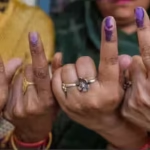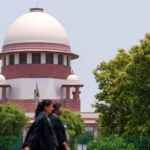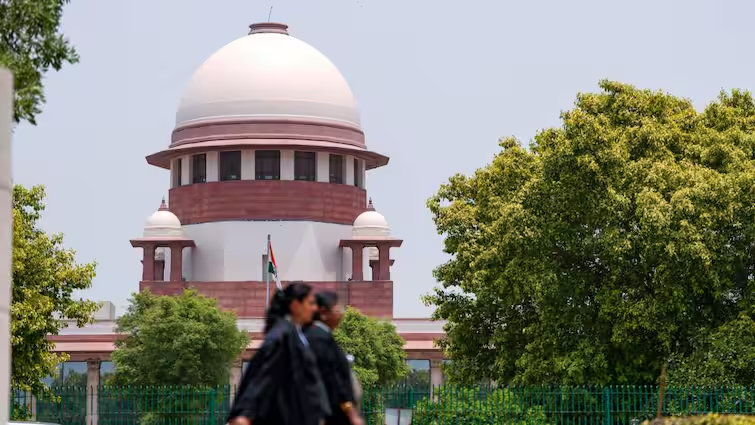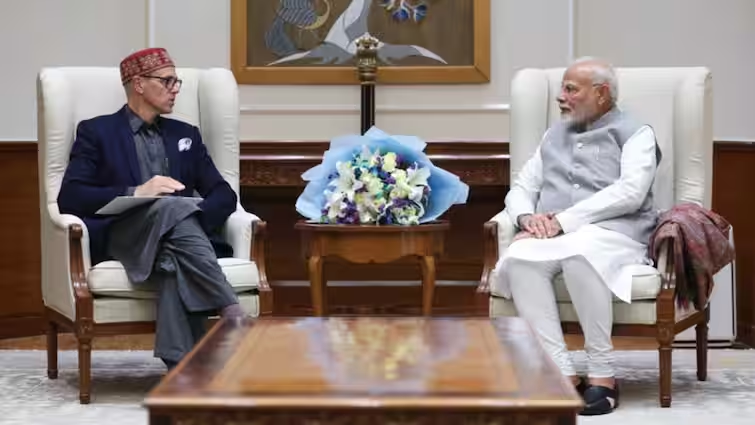Delhi-NCR Governments Must Compensate Workers Affected by GRAP Restrictions Without Specific Directive: Supreme Court
The Supreme Court has ordered Haryana, Uttar Pradesh, and Rajasthan to compensate construction workers affected by GRAP measures in Delhi-NCR using funds collected as labor cess.
The Supreme Court directed Haryana, Uttar Pradesh, and Rajasthan to pay compensation to construction workers whenever they are affected by the closure of activities due to GRAP measures in Delhi-NCR, even if there is no specific court order requiring it.
A bench comprising Justices Abhay S. Oka and Ujjal Bhuyan stated that compensation must be paid to affected workers using funds collected as labor cess.
Anti-pollution measures under the Graded Response Action Plan (GRAP) are implemented based on the average air quality in Delhi-NCR.
The bench stated, “For 2024 and 2025, we have issued directions to the states to pay compensation. We clarify that, going forward, whenever construction activities must cease due to GRAP measures, compensation shall be paid to affected workers as per the directions issued by this court on November 24, 2021. Even in the absence of a specific court directive, the NCR states shall provide compensation.”
During Friday’s hearing, the court was informed that Haryana had paid compensation to 268,759 workers in the first phase of GRAP-4 and 224,881 workers in the second phase. Additionally, the process of compensating approximately 95,000 workers for the January 2025 GRAP-4 period is underway.
Counsel for the Delhi government reported that compensation had been disbursed to 93,272 workers, with verification ongoing for the remaining registered workers.
The Rajasthan government stated that compensation had been paid to 3,197 workers, while Uttar Pradesh reported disbursing compensation to 488,246 workers in phase 1, 484,157 in phase 2, and 691 in phase 3 of GRAP.
Previously, the Supreme Court had reprimanded the Delhi government for failing to pay the full subsistence allowance to construction workers unable to work due to pollution-control restrictions in the national capital.
The Delhi government was instructed to immediately convene a meeting with workers’ unions to ensure their registration.
Similar directives were issued for Rajasthan—where the NCR includes the districts of Bharatpur and Alwar—as well as for 14 districts in Haryana and eight in Uttar Pradesh, requiring them to hold meetings with workers’ unions and pay the subsistence allowance.
On December 2, the Supreme Court ordered the chief secretaries of NCR states to appear via video conference to report whether any subsistence allowance had been paid to construction workers affected by the restrictions.















